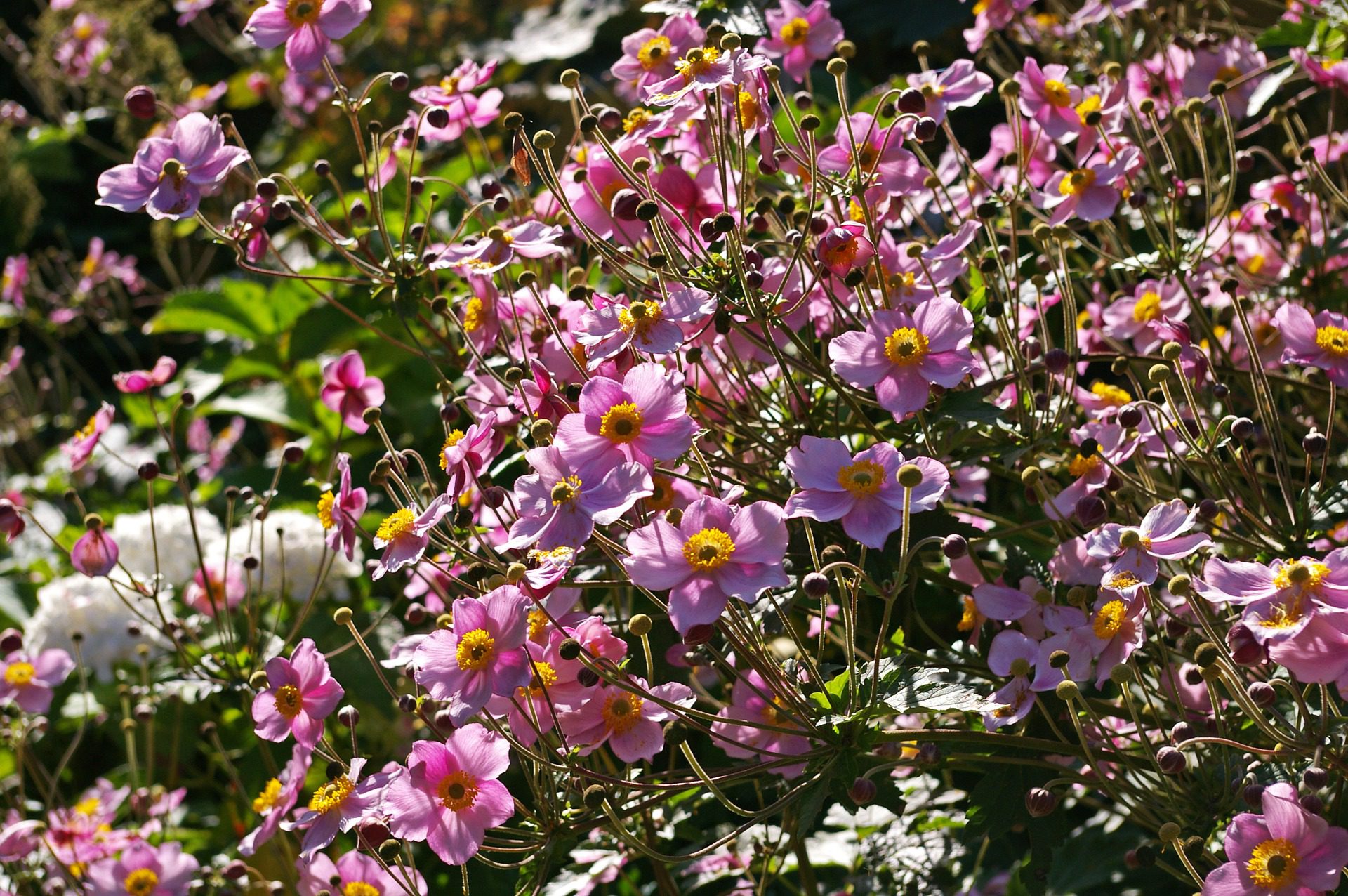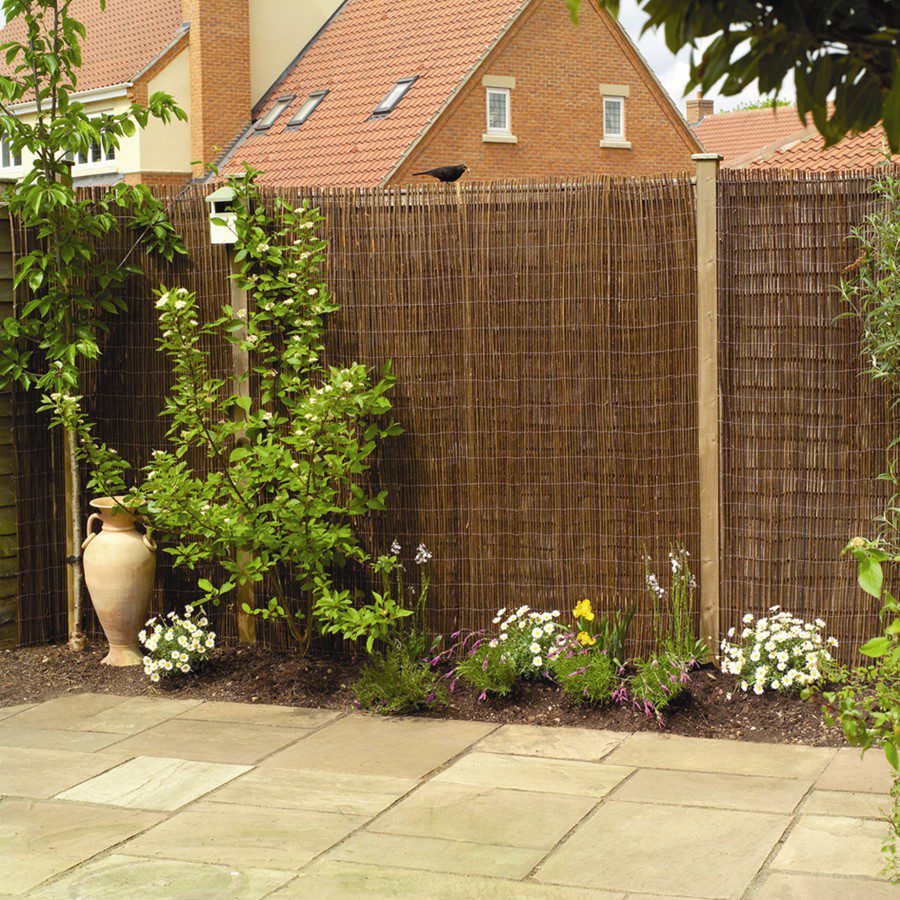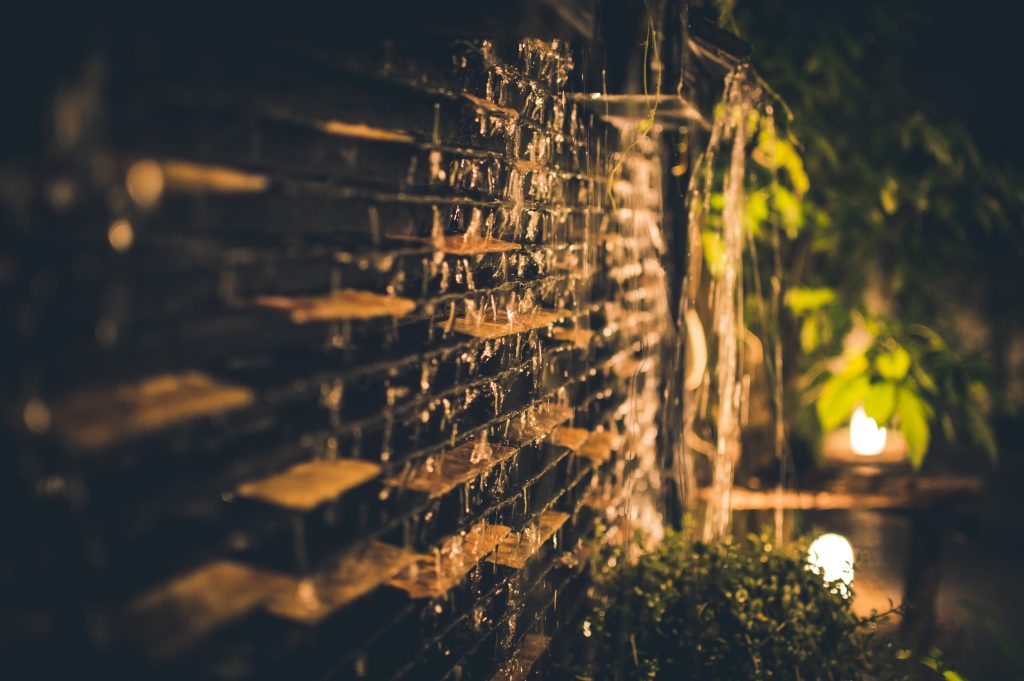Gardening is an art and a science. However, it’s not exact and it’s certainly not exclusive. It might not seem it when you walk past 20 pristine front gardens on the way to your own front door, but gardening really is for everyone.
So, don’t be intimidated, pick up your tools and follow our list of essentials for gardening beginners.
Plants & Soil
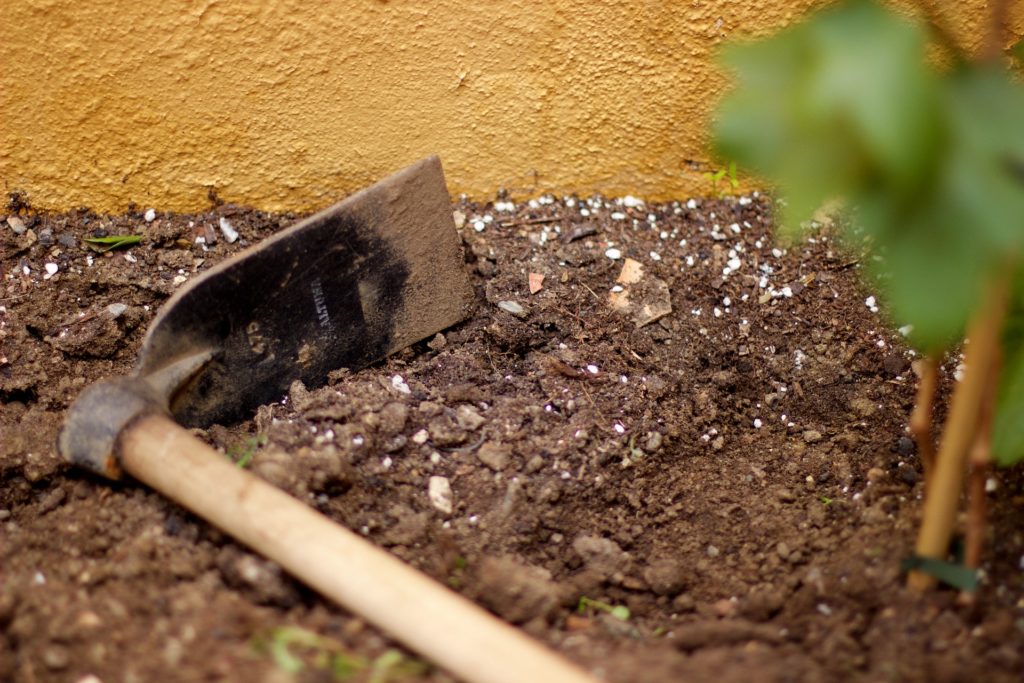
Knowing the type of soil you have in your garden is essential if you want your garden the thrive. Unfortunately, it’s not as easy as simply choosing the flowers you like, it’s really important to make sure they suit your soil type.
Many plants will grow much better in a specific type of soil. If you’re unsure, take a look at a neighbour’s garden and the plants they’re growing for some ideas. Alternatively, Gardener’s World has created a really simple soil guide that should help you out.
Space
Once you’ve identified your soil type and chosen your plants, it’s time to start planting. Very often people are tempted to place plants close together to create a wall of unbroken colour. However, if you put your plants too close together (especially if they’re young) then it’s unlikely that they’ll all survive. Even if they do survive at first, plants that are cramped are much more likely to develop disease. Take note of the labels on the plants when you buy them and make sure you give them the space they need.
Don’t Pull, Squeeze
New plants are extremely delicate so when transferring them from their pots to your garden it’s very important to get it right. To avoid stem breakage or bruising, rather than pulling the plant from their pot, gently squeeze the sides of the pot, turn it upside down and allow the plant to slide out.
Plan
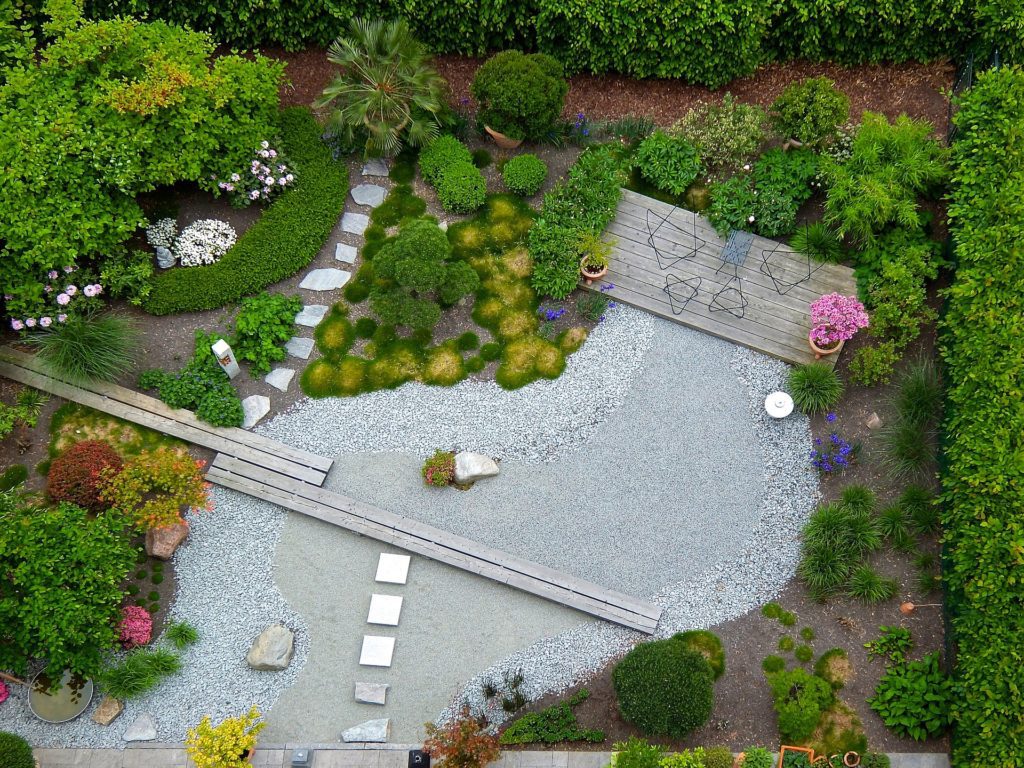
Before you start tearing up your garden, it’s really important to have an idea of what your whole garden will look like at the end. Place bulbs and new plants on the surface of your beds to make sure you’re happy with the arrangement before you start digging.
Soak
Dry roots are a recipe for disaster, so before you plant anything in your garden you should thoroughly soak the roots. Roots need room to spread, so make sure the hole you’re planting into is bigger than the root ball.
Labels
Labelling plants isn’t just something for the pros, it’s great for beginners too. Using labels through your garden not only means you won’t forget what you’ve planted, it also means you can make sure each one of your plants gets the care it needs.
Watering
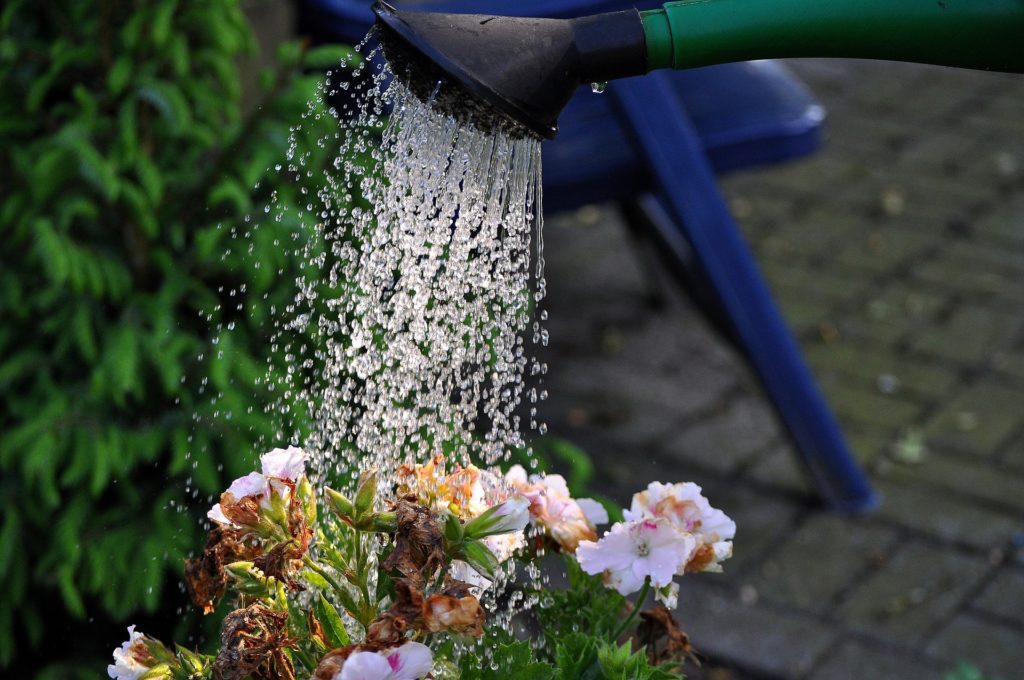
Plants are meant to be outside and their genetic makeup means they naturally absorb water from the ground. So, unless there’s a rare period of no rain in the UK there’s really no need to water outdoor plants every day. If you’re unsure, poke your fingers about two inches into the soil and if it’s dry then add some water. If you’re still not sure then follow this watering guide from the Royal Horticultural Society.
Remember, these rules do not apply for plants in containers as there are a lot of them in a confined space. Container plants will need to be watered more regularly.
Weeding
Weeds are your garden’s enemy so it’s important to be brutal. Weeding needs to be undertaken on a regular basis. If you have a large garden and you weed over a few days, you’ll find they’ll have started growing back before you’ve even got to the end!
When weeding it’s essential to make sure you remove the entire root. If there are seeds on the weeds when then do not put them in your compost heap. If you do, you’ll spread them around your garden when you come to use your compost.
Fun
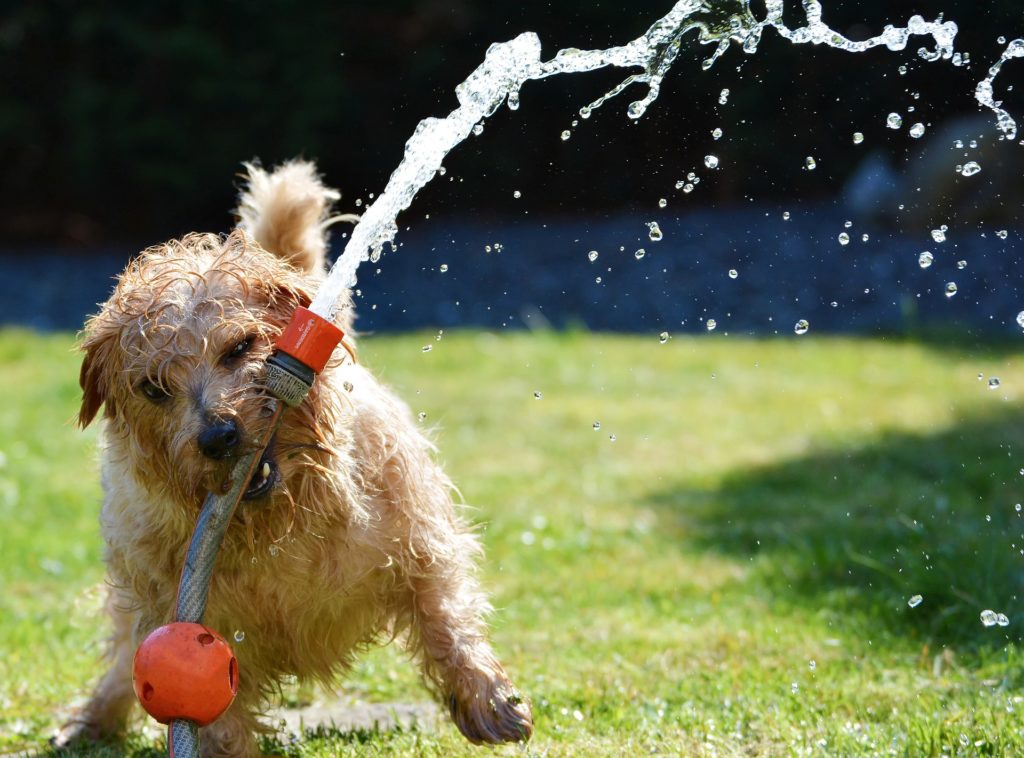
Gardening should always be fun. It might seem like there are a lot of rules at first, but actually there’s not much that can go wrong. Anything you plant in the wrong place you can always move so don’t panic.
Most importantly, feel free to experiment and show off your personality. It’s your garden so make it your summertime haven.

